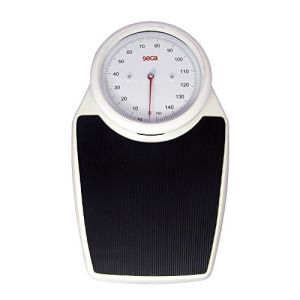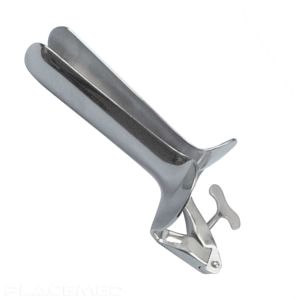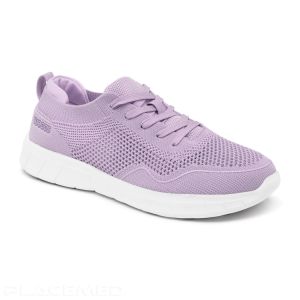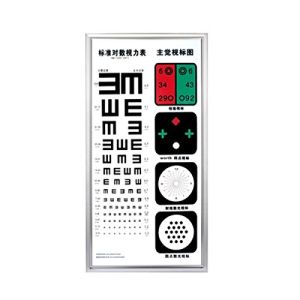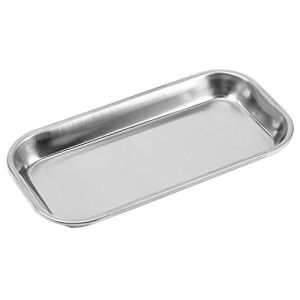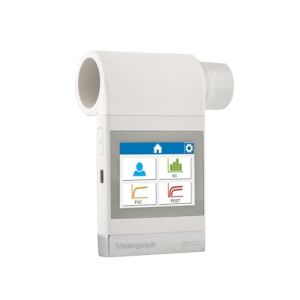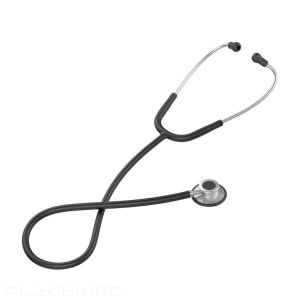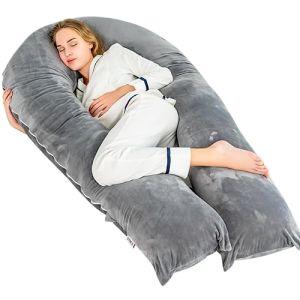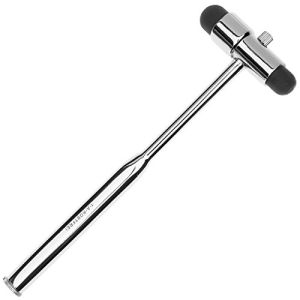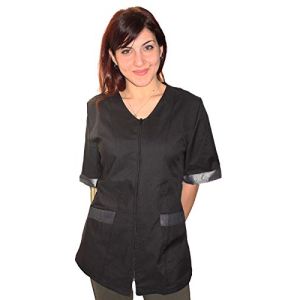Comfortable Medical Shoes: How to Make the Right Choice?
Choosing the right comfortable medical shoes is essential to ensure comfort and performance throughout the day. With long hours of standing, frequent movement, and professional demands, it's important for healthcare professionals to find shoes that offer ergonomics, durability, and style. Explore our complete guide to selecting the right medical shoes tailored to your specific needs.

1. Understanding the Specific Needs of Healthcare Professionals
Each healthcare professional has specific footwear needs. It is important to identify these needs to find models that provide comfort, protection, and practicality, while being suitable for your work environment.
1.1 Long Hours Standing and Walking
Doctors, nurses, and other healthcare professionals spend many hours standing and walking. To reduce fatigue and prevent muscle pain, it is essential to choose shoes that offer good arch support and effective shock absorption.
1.2 Hygienic and Secure Environments
In environments such as hospitals and clinics, shoes must be easy to clean and resistant to bodily fluids. Waterproof materials and non-slip soles are essential to ensure safety and hygiene.
1.3 Versatility and Adaptability
Healthcare professionals may work in different departments or perform various tasks. Versatile shoes that adapt to different work environments are therefore preferable.
2. Choosing Comfortable Medical Shoes
The comfort of medical shoes depends on several essential factors. Here are the aspects to check for selecting the most suitable pair:
2.1 Materials and Breathability
Choosing the right materials is important to ensure breathability and comfort. Natural materials like leather or breathable technical textiles allow for better air circulation, reducing sweat and odor build-up.
Sneakers and mesh or breathable material shoes are particularly recommended to keep feet cool throughout the day.
2.2 Arch Support and Cushioning
Good arch support helps prevent fatigue and pain. Look for shoes with ergonomic insoles and effective cushioning to absorb shocks during walking and prolonged standing. Technologies like memory foam or gel insoles can also enhance comfort.
2.3 Non-Slip Soles
Safety is paramount in medical environments. Non-slip soles provide better grip on wet or slippery floors, reducing the risk of falls and accidents. Opt for rubber soles or patterns specially designed to offer optimal traction.
2.4 Fit and Size
A good fit helps prevent pain and injuries. Make sure the shoes are available in a wide range of sizes and offer adjustment options such as laces, straps, or fastening systems for a customized fit. It is also recommended to choose slightly wider shoes to allow for better air circulation and avoid pressure points.
2.5 Lightness and Flexibility
Lightweight shoes reduce fatigue during long workdays. A flexible sole allows for better mobility and a more natural gait, improving overall comfort. Modern sneakers are often designed to be both lightweight and flexible, providing excellent performance without weighing down the feet.
2.6 Durability and Quality
Investing in high-quality shoes ensures a long lifespan. Look for shoes with reinforced heels and toes, as well as wear-resistant materials. Good manufacturing quality not only ensures durability but also consistent comfort over time.
3. Factors to Consider When Purchasing
When buying your medical shoes, several factors should be considered to make an informed choice:
3.1 Style and Aesthetics
It is important for your shoes to reflect a professional appearance. Choose colors and designs that match your medical attire and work environment. Sneakers in neutral tones like white, black, or gray are often preferred for their versatility and elegance.
3.2 Budget
It is important to find a balance between quality and price. While quality shoes may have a higher initial cost, they ensure better durability and long-lasting comfort. Also, consider financing options or bulk purchases if you need to equip several team members.
3.3 Brand and Reputation
Choose brands known for their quality and comfort. Reviews and recommendations from other healthcare professionals can be very helpful in guiding your choice. Look for brands that invest in research and development to offer innovative and high-performance shoes.
3.4 Availability and Accessibility
Make sure the chosen shoes are readily available in stock and that delivery times match your needs. Online stores specializing in professional shoes often offer a wide range of sizes and models, with flexible return options if adjustments are necessary.
4. Current Trends in Medical Shoes
The field of medical shoes is constantly evolving to meet the changing and modern needs of professionals. In this section, we will list some current trends:
4.1 Innovations in Fabrics and Technologies
Manufacturers are integrating new materials that offer better breathability and comfort. Antibacterial and odor-resistant fabrics are increasingly popular, improving hygiene and foot comfort. Additionally, smart soles equipped with sensors to monitor posture and gait are starting to appear on the market.
4.2 Ergonomic and Customized Design
Ergonomic designs are created to provide better weight distribution and optimal arch support. Customization options, such as orthopedic insoles or specific adjustments, allow healthcare professionals to meet their individual needs in terms of comfort and performance.
4.3 Ecology and Sustainability
Today, the use of environmentally friendly materials is essential in medical shoe production. Many brands are moving towards recycled options and sustainable processes to meet the expectations of consumers seeking greener solutions.
5. Where to Buy Quality Medical Shoes
For quality work shoes, choose suppliers known for their reliability. Here are several options to consider to make an informed choice:
5.1 Specialized Suppliers
Medical shoe suppliers offer a wide variety of models adapted to the different needs of healthcare professionals. They often provide tailored advice and customizable options to meet the specific requirements of each profession.
5.2 Online Stores
Specialized online stores offer a vast selection of medical sneakers and shoes with the advantage of home delivery. For safe purchases, prioritize trusted sites with good return policies and positive customer reviews.
5.3 Recommendations from Colleagues and Professional Networks
Feedback and experiences from your colleagues can be very helpful in finding the ideal medical shoes. Join professional groups and forums to share opinions and discover the best options available.
Conclusion
Opting for comfortable medical shoes is an important choice that influences your comfort, efficiency, and safety at work. By considering the specific needs of healthcare professionals and examining criteria such as materials, support, safety, style, and price, you can find the ideal pair. With Placemed, investing in quality shoes guarantees you durable and suitable footwear that meets the demands of your daily professional life.
Bonus: FAQ on Medical Shoes
Q1: What is the best material for medical shoes?
A1: Breathable materials like leather and technical textiles are ideal for their comfort and ability to wick away moisture. Waterproof materials are also recommended for better durability and ease of maintenance.
Q2: How do I maintain medical shoes?
A2: Always follow the manufacturer's instructions for cleaning and maintenance. Use suitable products to clean the specific materials of your shoes, and ensure they are thoroughly dried after use to prevent odors and material deformation.
Q3: Is it possible to find stylish and comfortable medical shoes?
A3: Yes, many brands offer models that combine style and comfort, suitable for the medical field. You can find medical sneakers that provide both a modern aesthetic and the necessary functionalities for intensive daily use.
Additional Resources
- Check out our medical gown buying guide
- Discover our main shoe supplier Suecos
 Francais
Francais 


